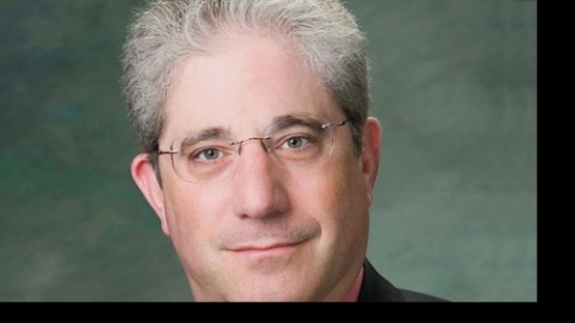Know your rights regarding frequency coordination
A couple of months ago, this publication ran a story online in which a representative of one frequency coordinator criticized the performance of other coordinators. What the representative did not address, however, was the rights of licensees in a variety of coordination situations.
The overwhelming majority of frequency coordinations are performed consistent with the FCC’s rules and policies. As a variety of transmission technologies and bandwidths are introduced in the UHF and VHF bands, it can be expected that coordination decisions will become more complicated. Therefore, frequency coordinators are working together to develop additional coordination guidelines through the Land Mobile Communications Council (LMCC). When completed, these guidelines will be available for licensees and applicants to review.
However, there are times when the system doesn’t work properly, and a frequency coordination is defective. The defect can be for a variety of reasons: the licensee didn’t properly inform the coordinator of the intended operation; a new technology or use of technology previously had not been considered; the FCC’s database was inaccurate; or the frequency coordinator simply made an error.
When interference or other problems arise post-licensing, frequency advisory committees are required by the commission’s rules to get involved. Helping to resolve these post-licensing conflicts is an important, non-compensated part of a frequency coordinator’s responsibility. The coordinator’s involvement can take a variety of forms, too numerous for discussion in this article.
Thus, in the event of an interference problem, a licensee should contact either the coordinator that made the allegedly defective recommendation, or simply their frequency coordinator of choice. The coordinators should respond in a timely manner and attempt to assist the licensees in the resolution of the problem.
The exception to this situation is at 800 MHz, where a public safety, business or industrial licensee receiving interference from an ESMR or cellular system should report that interference immediately on the CTIA’s established website: www.publicsafety800mhzinterference.com/CTIAWeb/.
By rule, the carriers must respond immediately and determine the cause of the interference, with limited amounts of time to address that interference. The commission’s rules in this situation are powerful and effective. Of course, the 800 MHz NPSPAC frequencies represent another anomaly in the frequency coordination rules.
Sometimes, the difficulty involves the process of coordinating an application. All Part 90 frequency advisory committees have speed-of-service requirements; these mandate that 90% of coordination requests must be handled within 20 working days. However, since that speed-of-service requirement covers the entire breadth of applications received by the frequency coordinator, a single coordinator can take much more time with an individual application without running afoul of these guidelines.
In such a circumstance, the applicant may ask that the frequency coordinator forward the application to the FCC without frequency coordination. However, the applicant will then be required to demonstrate why the application should be granted over the objection of the frequency coordinator. The burden of proof in this instance would be on the applicant.
It should be noted that with regard to frequencies where the FCC rules require the use of a specific frequency coordinator, Section 90.175(b)(2) stipulates that the coordinator provide the applicant with a written supporting statement in cases where the coordination or concurrence is denied. The supporting statement must contain sufficient detail to permit discernment of the technical basis for the denial.
Today’s frequency coordination environment is highly competitive even as the process becomes more highly technical and engineering intensive. There are multiple frequency coordinators that can coordinate almost every Part 90 frequency. With an array of coordination choices, applicants should develop relationships with their coordinator of choice, and work together to create the best radio environment possible.
What do you think? Tell us in the comment box below.
Alan Tilles is counsel to numerous entities in the private radio and Internet industries. He is a partner in the law firm of Shulman Rogers Gandal Pordy & Ecker and can be reached at [email protected].


















